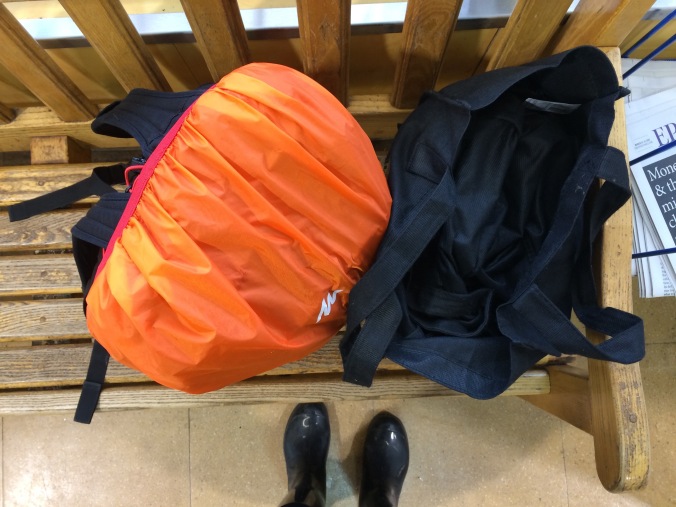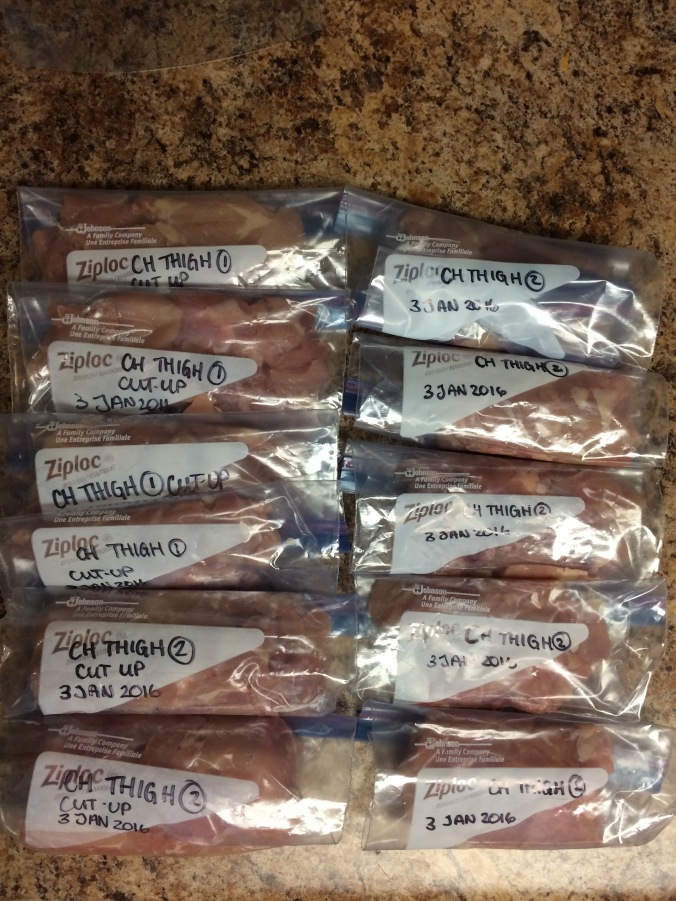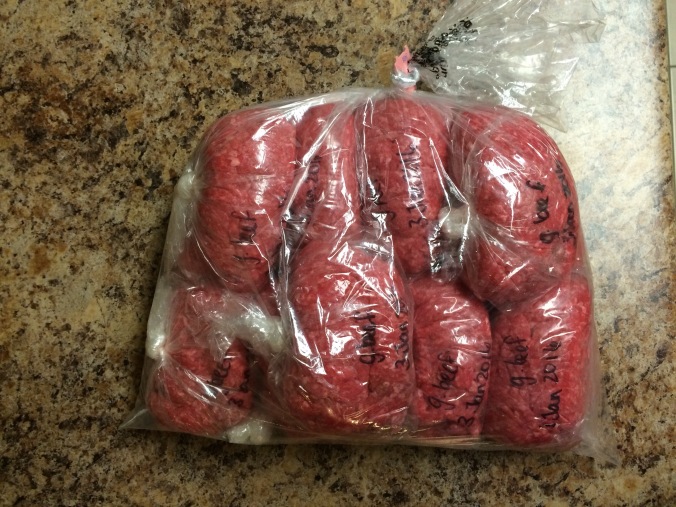“A watery lexicon and syntax, a hydro logical approach could cultivate our capacity to scale down to the level of molecules and up to the level of oceans. It could also better attune our senses to the range of languages that traverse the human and nonhuman realms, enabling us to transition between the dialects of the domesticated, the wild, the feral. If I can learn to parse a salmon’s journey or a human sentence, then hopefully, I might be able to speak nearby a river, if I keenly listen to its shape shifting grammar, it’s stubborn flow despite human obstacles and impositions. These are the fluid literatures I believe we need to relearn and adapt for the future.”
(Rita Wong, “Untapping Watershed Mind”)
One of the requirements in graduate school is to complete at least one course in each time period. Although this is sometimes a hindrance to others, I call it a blessing in disguise.
Last term, I spent four months learning about the humanist education system in Renaissance England. I more or less delved deep into the source texts of Shakespeare’s plays, and the contemporary plays to the Shakespearean canon, which tends to be our only general exposure to the Renaissance outside of English literary studies. My historical research thus involved learning about discipline in the grammar schools, such as physical beatings to enforce Latin recitations, in addition to consulting the humanist texts and pedagogy.
Traditionally, humanists look to the past for examples (as do most people since examples, well, come from… the past). Not only did they draw on classical texts and ideals, but they based their entire learning system on mimicking it. The Renaissance, after all, is a rebirth of the Classical time period. Humanist learning today, also looks to the past. Whether it is philosophy, classics, history, languages, etc., humanities students also study everything from “the greats,” however controversial that term may be (and I’m rolling my eyes at you if you’re glaring at my colloquial and likely offensive generalizing and prioritizing use of the term), to the contemporary works. But after eavesdropping on invigoratingly heated but professional conversations, as one does while casually sitting in a common room, I realized just how much the humanities values the historical past.
And now I switch to “humanities” in terms of English Literature.
English students are increasingly more interested in post-modern and contemporary literature and are foregoing the, shall we say, “traditional” canon. Though I’m sure we all love Beowulf, claim our favourite Shakespeare play is one that isn’t covered in high schools, can breakdown Robinson Crusoe in a few minutes, dream of or despise dancing daffodils (ALERT: I’M A WORDSWORTH FAN), and sing praises of T.S. Eliot, we can’t deny that it seems like the secret to luring students is expanding beyond the traditional canon and allowing ourselves to be intrigued by contemporary literature.
Looking forward or placing “too much” importance on the contemporary world in this way is so often condemned. While I’m not disregarding the importance of a sound foundation built from the traditional literary canon, I am arguing for the respect of contemporary issues embodied in contemporary literature. We are not in the Renaissance anymore. We can and should look to past texts the way humanists looked to classical texts, but we should not limit ourselves to them. There is undeniable value in making relevant contemporary conversations through literature and literary analysis.
This term, I’m studying permaculture and ecocriticism – not just in literature, but in visual arts, activism like guerrilla gardening, film, etc. Even if I’m not reading a “book” I’m reading criticism, and I’m applying literary analysis tools to these other forms of expression. I would not have the confidence or skills to do so without my strong literary background in, YES, THE TRADITIONAL CANON, but I am more intrigued by applying a humanist’s perspective to the world in which I currently live.
In the true humanities fashion, I look to the past for examples as the past drives my love of literature, but I look to the past, to the present and to the future, for the inspiration to drive my curiosity. Stop studying the humanities then; start studying the humanities now.


